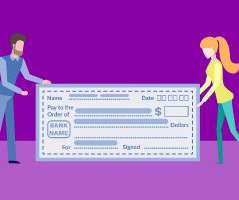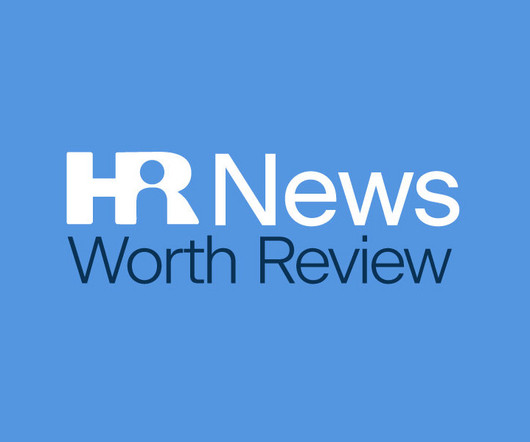Basics of Tax-Efficient Investing
Money Talk
AUGUST 3, 2022
Below are six tax-saving ideas gleaned from recent webinars and research for my book: Look Toward the Future - Absent new tax legislation, the Tax Cuts and Jobs Act is scheduled to sunset after 2025, tax rules will return to what they were in 2017, and tax rates will be higher than they are right now. For tax-advantaged accounts (e.g.,












Let's personalize your content